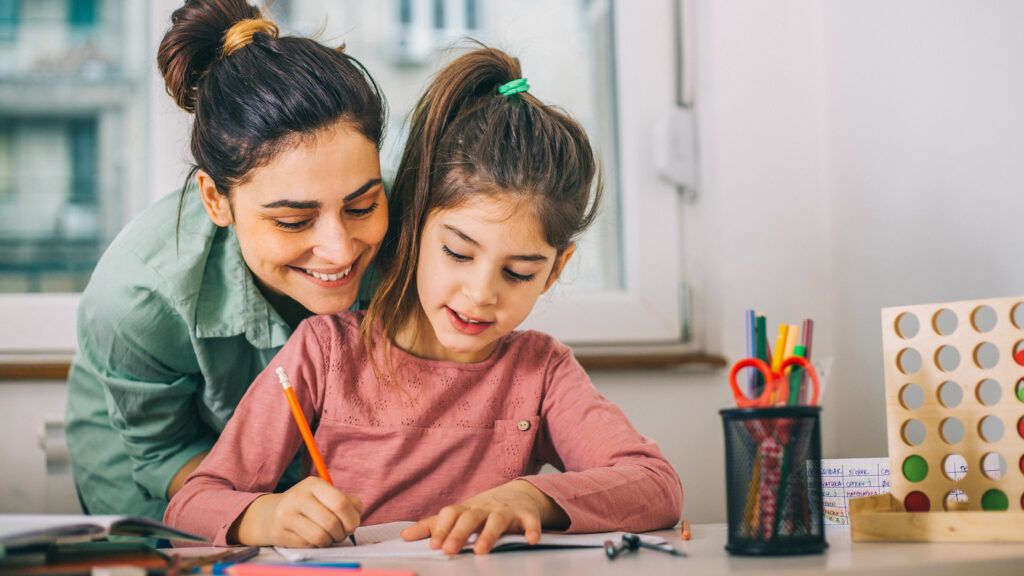The school year is halfway done by the time the calendar year begins—and that midpoint-meets-fresh-start is a great opportunity to revisit school habits with your kids, for the benefit of all.
Positive homework habits fall into general categories of routine, from the space your child heads to when it’s time to work, to when they crack the books (or laptops), to how they feel when they’re heading into homework.
How is your family’s routine when it comes to homework?
Claim Homework Space
A dedicated space for homework benefits most kids. The space should be well-lit, quiet, and fully stocked with pencil sharpener, paper, laptop charger, a flat clean surface for writing. I should have open space to lay out the books or other materials that the assignment calls for. Some kids might enjoy having a “backup space” for when they need a change of scenery for deep thinking or creative projects.
Be on Time
For most kids—activity schedules and after-school hang-outs notwithstanding—consistency is key for a successful homework routine. Growing up, I dove into “easy” homework right after school, ticking off worksheets or spelling lists early so I could have a nice, relaxing break before tackling more challenging assignments either before or just after dinner. Encourage your child to think and talk through their personal energy rhythms. Do they feel the zing of “get it done” energy right after school? Do they need to unplug until dinnertime? Empower them to work at the time they are best set up for success.
Check in on Self-Care
No one works well if they are hungry, sleepy, cold, or upset. Teach your child to check in with the self-care biggies so they can bring their best selves to the homework desk. A simple snack (high-protein, low-sugar is best), a good warm hand-wash, or even a short after-school power nap can help them sit down to work feeling refreshed and ready to tackle the math problems or essays that need doing.
Have a Frustration Plan
Homework isn’t easy. Whether from sheer volume or challenging concepts, it’s normal and expected for young learners to feel they are hitting a wall from time to time. This, too, is an opportunity to establish healthy habits. These start with normalizing and naming frustration, overwhelm, and stress. Once your kids know how to recognize these feelings, build a toolbox of ways they can manage them, from reaching out for help to taking a break to turning to different resources for guidance.
Do you have more ideas for positive homework habits for your kids?





